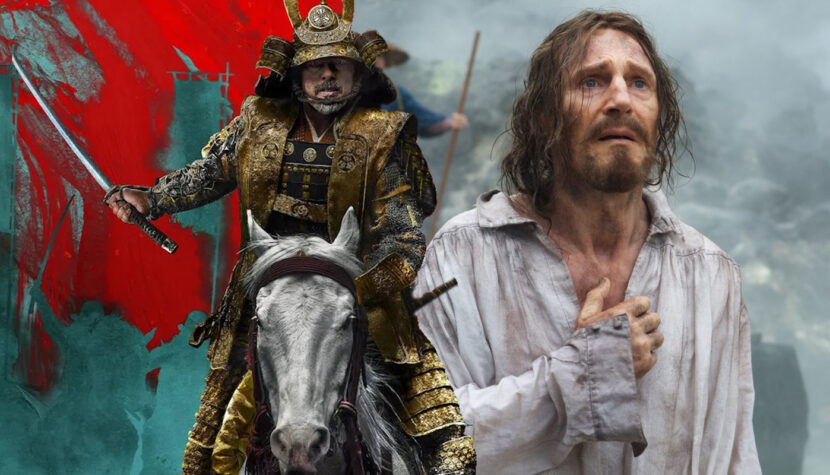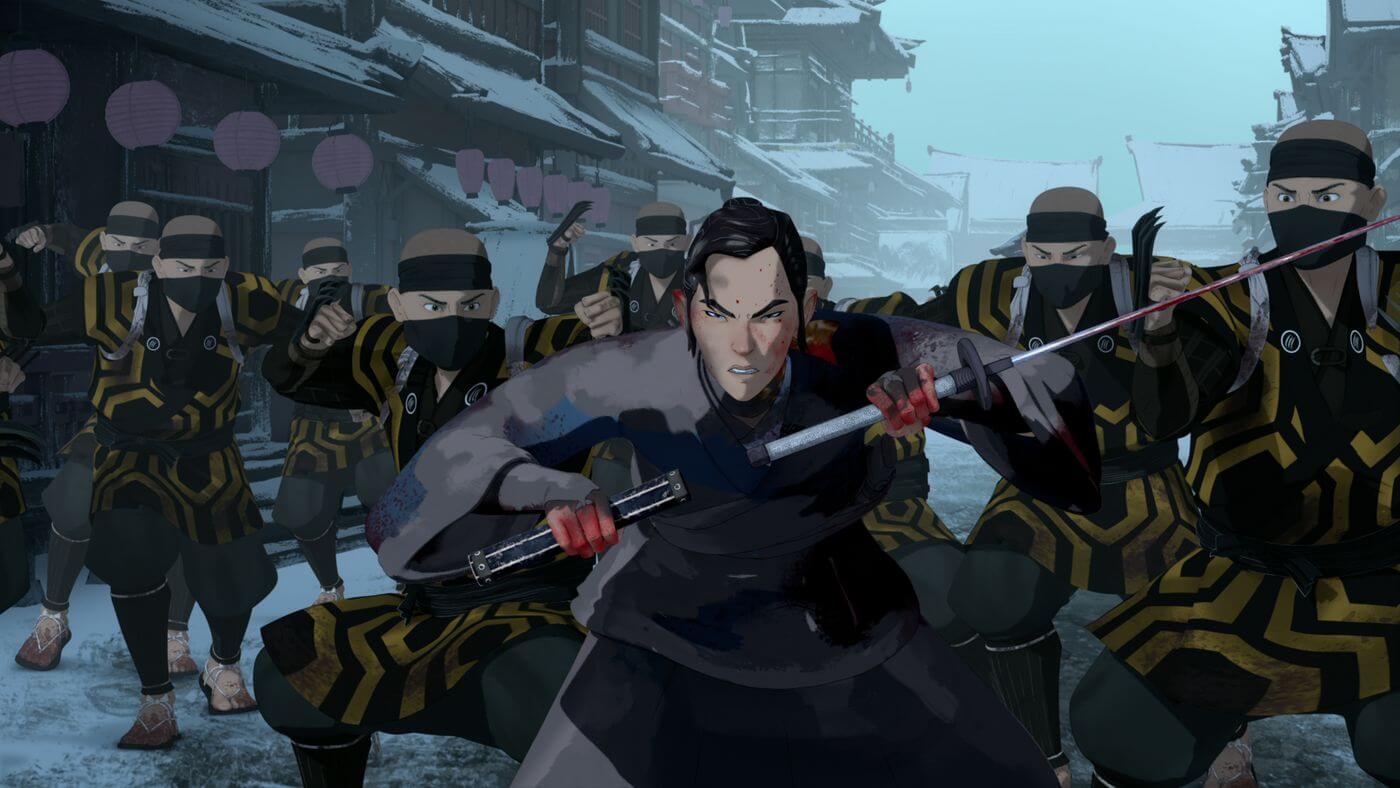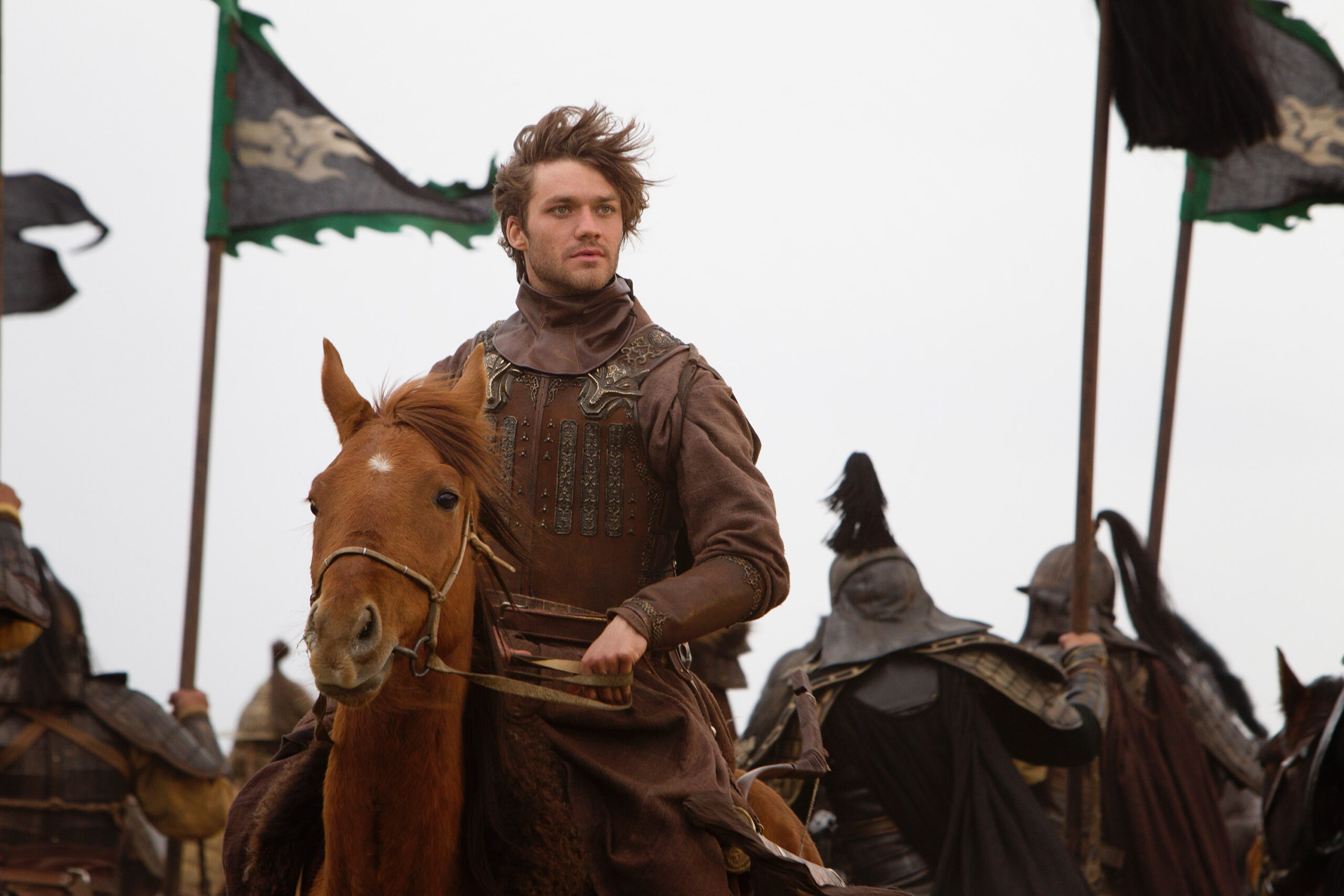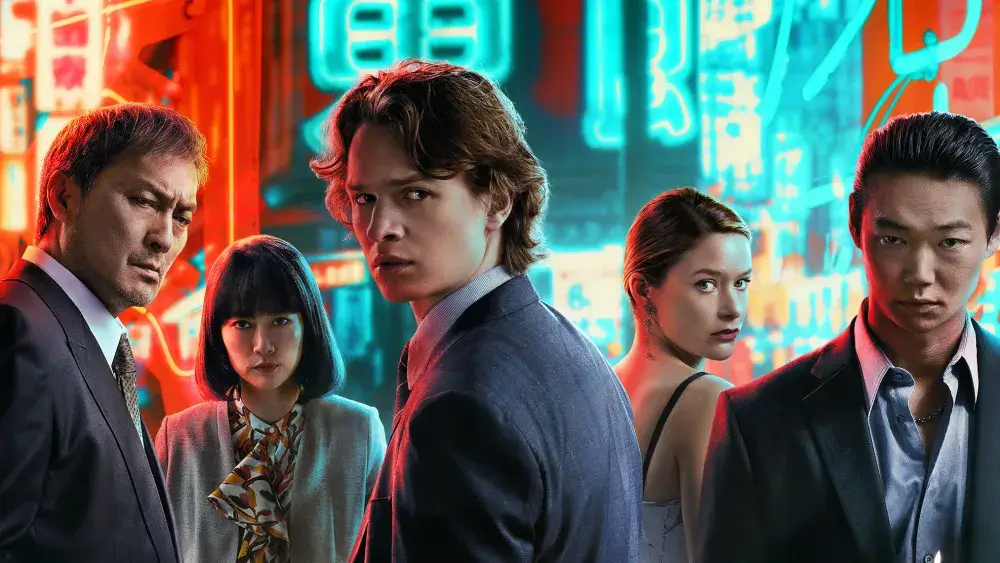Movies and series PERFECT for those who enjoyed the SHOGUN series

The new version of Shogun, although different from the one we knew thanks to Richard Chamberlain, turned out to be a bullseye for the Disney platform. The series gained audience recognition, and reviews are also very positive – it’s worth mentioning that its current IMDb score is truly impressive (9.1/10). Our journey with the series is coming to an end, but that doesn’t mean the end of our exploration of the themes raised by the show. Here are a few movies and series I warmly recommend to those of you who, like me, enjoyed (this or the previous) Shogun series.
Silence

A few years ago, Martin Scorsese directed a film that didn’t gain great popularity, although in my opinion, it ranks among the best works of the American creator. I’m talking about this historical drama which provides commentary on a topic Scorsese often explores in his filmography – the assessment of religion and its significance in human life. It unfolds through the experiences of two Portuguese Jesuits who arrive in Japan to spread the faith in Jesus Christ. Of course, as one might easily guess, this leads to a clash of two different cultures. It looks and sounds very familiar because a similar theme also serves as the background for the events in the Shogun series. I’m convinced that the creators of Disney’s spectacular series drew inspiration from Scorsese’s work.
Blue Eye Samurai

A series that swiftly made its way into Netflix’s repertoire became an instant hit on the streaming platform last year. Although I still feel that even with all the media praise, this production remains relatively unknown to audiences. It’s worth reminding of its exceptional quality. Wonderfully drawn and even better told, this series recounts the story of a mysterious figure with a katana by his side and blue eyes, who embarks on a path of revenge. Dynamic action scenes, suspense, and a fascinating historical backdrop make this adventure unforgettable. Regarding the connections between Blue Eye Samurai and Shogun, one should note how both series approach the issue of firearms, disrupting Japan’s long tradition of martial arts with bladed weapons.
Marco Polo

Despite having several criticisms about the Marco Polo series, I managed to stick through it to the end and don’t regret the time spent in any way. Generally, I still hold the view that the character of the famous traveler and the narrative potential it offers were not adequately utilized. This story loses its sharpness at a certain point, and the main character ceases to be its driving force, which evidently affects its dynamics. Nevertheless, it’s enjoyable and flows smoothly, especially due to the production quality, which is solid. Isn’t Blackthorne from Shogun akin to Marco Polo, discovering a new, distant world with all its cultural richness?
Harakiri

One of the most drastic elements of the ancient samurai culture is the act of seppuku, also known as harakiri. A disgraced warrior takes his own life in front of witnesses by ritually cutting his abdomen (where, according to tradition, the soul resides). This custom serves as the starting point for the plot of a 1962 film about a ronin who one day stands at the gate of a powerful clan’s court, requesting permission to commit an honorable suicide. There’s not much action; the film relies heavily on dialogue, but the tension in the air is palpable, enough to cut with a katana. The visitor eventually reveals the true purpose of his appearance at the court, driven by a desire for bloody revenge. For me, Kobayashi’s masterpiece encapsulates bushido and tells a rather ironic tale about how much clutching onto principles is really worth.
Tokyo Vice

A young white man enters Japan, trying to operate according to the rules of a culture that seems entirely foreign to him. No, this isn’t a description of Shogun’s plot. This is roughly how the story of the successful HBO Max series unfolds, whose pilot was directed by Michael Mann himself. The second season of the series recently concluded, and despite its shortcomings, it remains one of the more intriguing crime series of recent years. Its main strength lies in the atmosphere of the Japanese underworld, as the plot revolves around the yakuza and a journalist who constantly treads on the gangsters’ heels.
Hell in the Pacific

The Shogun series begins with a shipwreck after which the main character finds himself on an unknown land. A similar motif is explored in Hell in the Pacific, albeit with the slight difference that there are two protagonists. Immediately after the shipwreck, they find themselves not on a developed land but on a deserted island. Lee Marvin and Toshirō Mifune are, as one might guess, hostile towards each other, reflecting the American-Japanese conflict of World War II. John Boorman’s film is now considered an anti-war classic, and it’s hard to dispute that opinion in any way. Even years later, it remains captivating, driven by the actors’ performances and clear messages.
BONUS:
The Fly

Here’s a little curiosity. Did you know that James Clavell, the author of the book on which the Shogun series is based, was also a screenwriter, and his debut in this field was the screenplay for the original The Fly from 1958? Clavell wrote the script for the iconic, unforgettable horror based on George Langelaan’s story. You didn’t know? Well, now you do. Decide for yourselves whether this fact encourages you to explore this noteworthy piece, which, after all, marks the beginning of Clavell’s path from Shogun.

